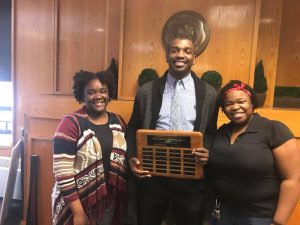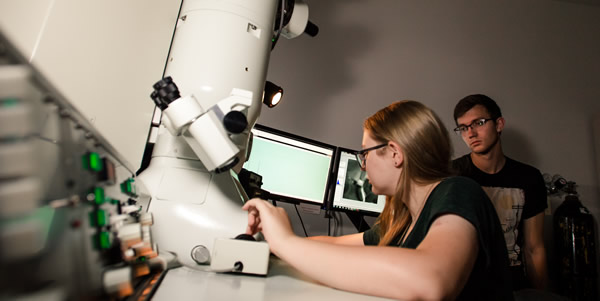
The Graduate School announced the Summer and Fall 2018 award recipients. The following are award recipients in engineering graduate programs:
Doctoral Finishing Fellowship Award
Ulises Gracida Alvarez, Chemical Engineering
Sanaz Habibi, Chemical Engineering
Long Zhang, Chemical Engineering
Shuaidong Zhao, Civil Engineering
Jingyuan Wang, Electrical Engineering
Zhimin Song, Environmental Engineering
Priscilla Addison, Geological Engineering
Hans Lechner, Geology
Huaguang Wang, Materials Science and Engineering
Shadi Darani, Mechanical Engineering-Engineering Mechanics
Soroush Sepahyar, Mechanical Engineering-Engineering Mechanics
Portage Health Foundation Graduate Assistantship
Anindya Majumdar, Biomedical Engineering
David Rosen, Biomedical Engineering
Dean’s Award for Outstanding Scholar
Shuaidong Zhao (Civil and Environmental Engineering PhD)
Priscilla Addison(Geological Engineering PhD)
Sampath Kumar Reddy Boyapally (Mechanical Engineering MS)
Rahul Jitendra Thakkar (Mechanical Engineering MS)
Nikhil Appasaheb Shinde(Mechanical Engineering MS)
Mitchel Timm (Mechanical Engineering MS)
Xinyu Ye (Environmental Engineering PhD)
Dean’s Award for Outstanding Graduate Student Teaching
Dongdong Ge (Civil and Environmental Engineering PhD)
Mohammadhossein Sadeghiamirshahidi (Civil and Environmental Engineering PhD)
Aaron Krieg (Chemical Engineering PhD)
Brandi Petryk (Geology MS)
Christa Meingast (Environmental Engineering PhD)
Luke Jurmu (Mechanical Engineering-Engineering Mechanics PhD)
Mingyang Li (Mechanical Engineering-Engineering Mechanics PhD)
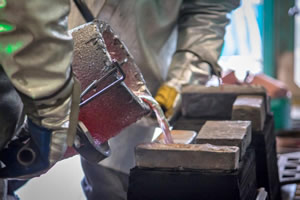
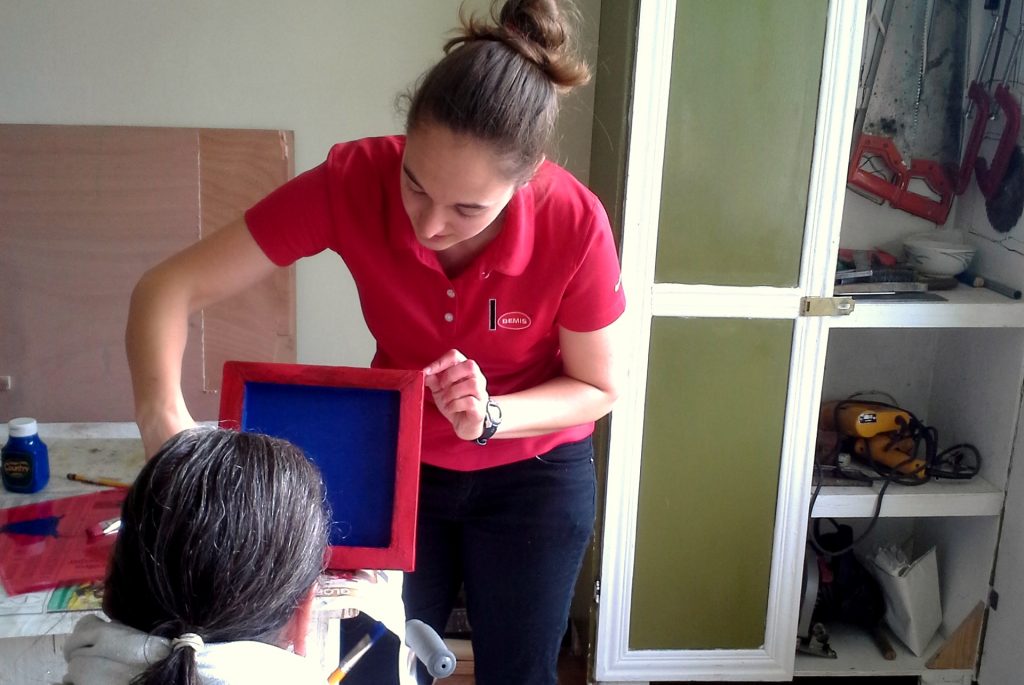
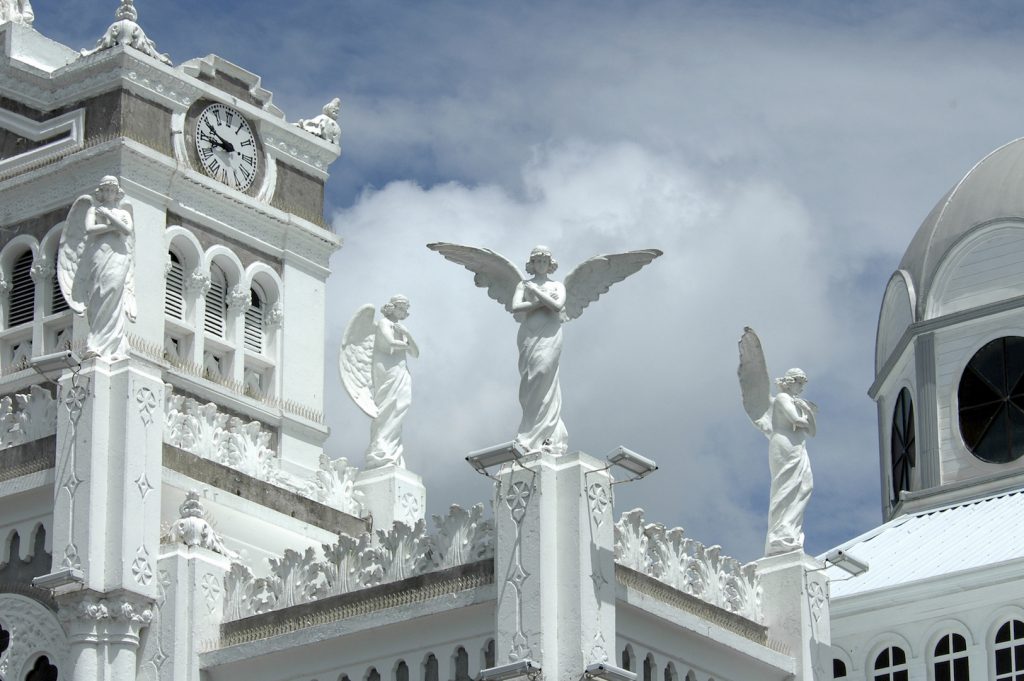


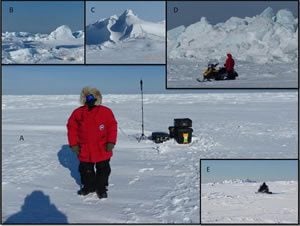

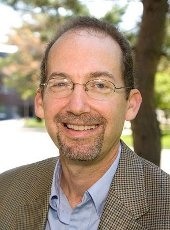

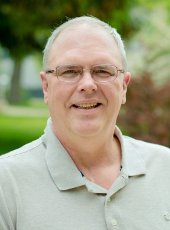
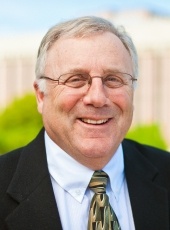
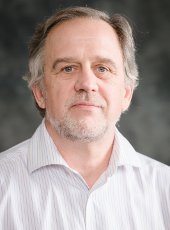
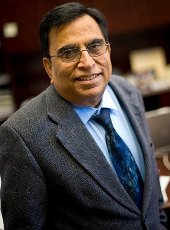
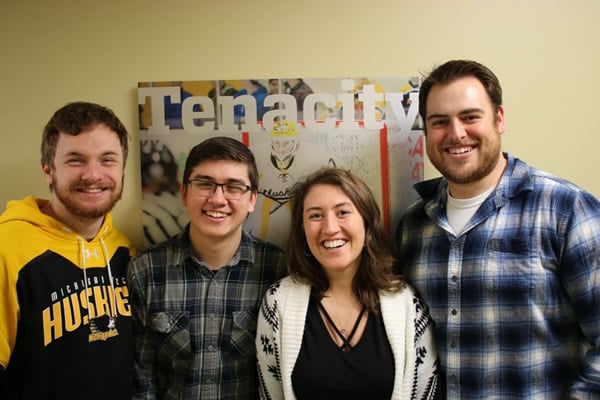
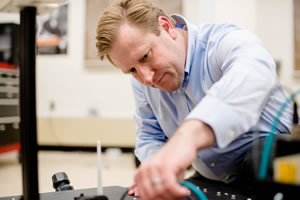 The Vice President for Research Office announced the 2018 Research Excellence Fund (REF) awards and thanked the volunteer review committees, as well as the deans and department chairs, for their time spent on this important internal research award process. The awardees in the College of Engineering are listed below:
The Vice President for Research Office announced the 2018 Research Excellence Fund (REF) awards and thanked the volunteer review committees, as well as the deans and department chairs, for their time spent on this important internal research award process. The awardees in the College of Engineering are listed below: